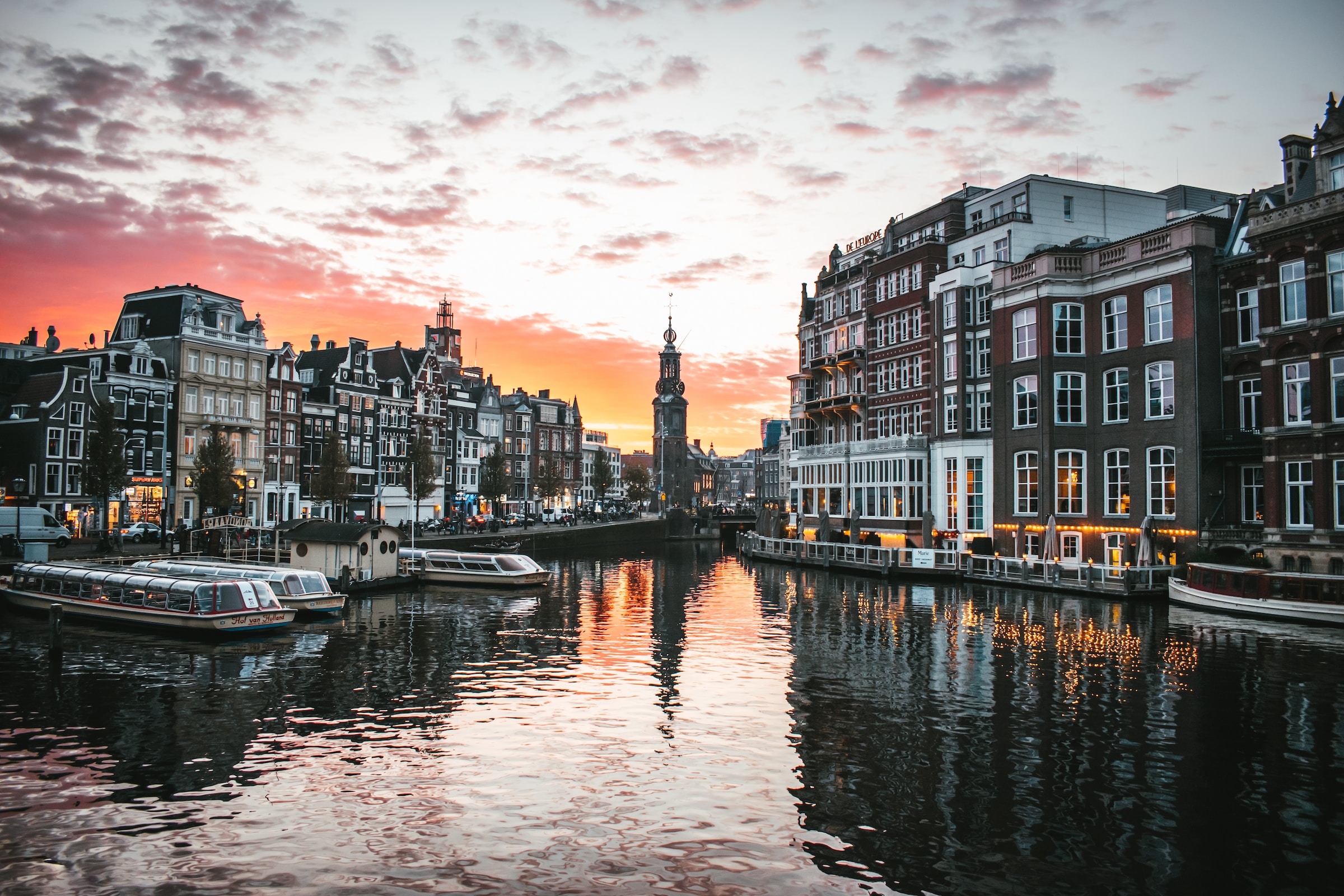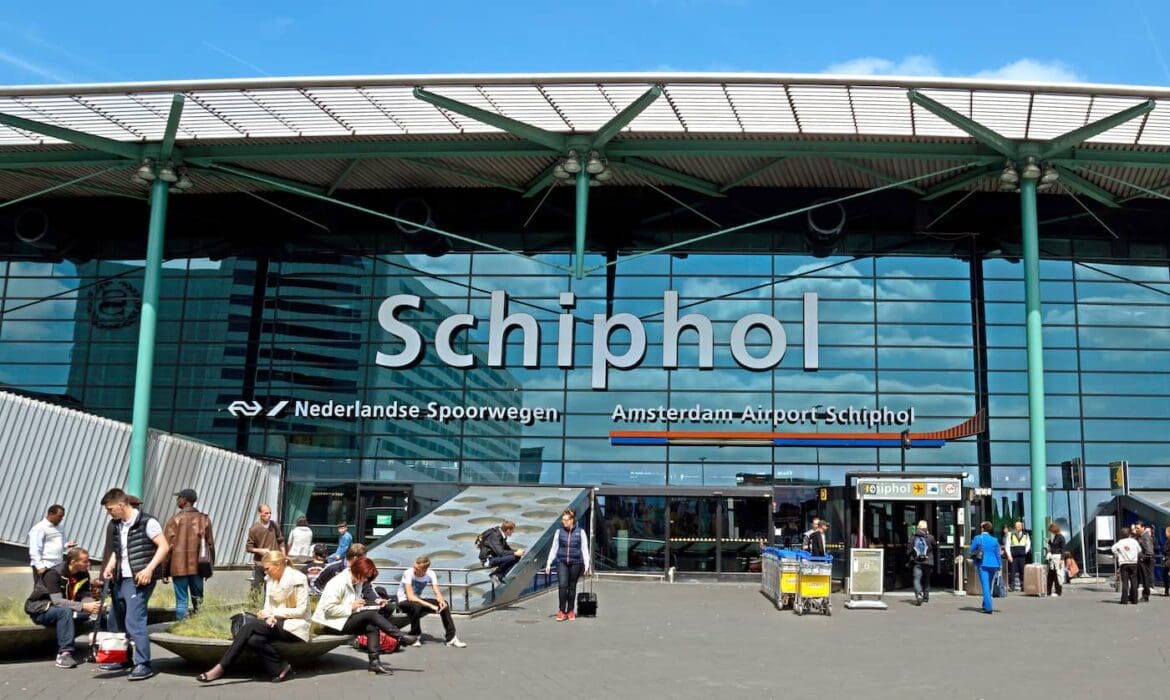Advertiser & Editorial Disclosure: The Bulkhead Seat earns an affiliate commission for anyone approved through the links below. This compensation may impact how and where links appear on this site. We work to provide the best publicly available offers to our readers. We frequently update them, but this site does not include all available offers. Opinions, reviews, analyses & recommendations are the author’s alone, and have not been reviewed, endorsed, or approved by any of these entities.
Last week, I wrote about Amsterdam Schiphol Airport’s (AMS) plan to reduce its annual flight cap in 2024. The Dutch government wanted to implement this flight cap at the country’s largest airport and have it take effect the summer of 2024 to reduce its current 500,000 annual cap to 452,500 annual flights next year. As part of this reduction, the airport would have been forced to cut flights and an airline entirely in the case of JetBlue. Now, the Dutch government has changed its direction and scrapped these plans entirely.

When this was announced, JetBlue was rightfully upset. It had just launched flights between two routes this past summer: Boston Logan International Airport (BOS) and New York John F Kennedy International Airport (JFK) to/from Amsterdam Schiphol Airport (AMS) as it looked to continue to grow its international footprint. This would have been a big loss for the airline and it went as far as to ask the US Department of Transportation (DOT) to retaliate (more here). The DOT considered banning KLM, the Dutch flag carrier, from New York John F Kennedy International Airport (JFK), but did not make any moves. This possibility must have been enough to change course.
Amsterdam Airport Schiphol (AMS) issued the following statement expressing its frustration:
Today it was announced that the Dutch government is suspending the Experimental Ruling. Schiphol is disappointed by the recent developments, as local residents are getting the short end of the stick. Reducing the number of flights is not a goal in itself for us, but the Experimental Ruling did provide clarity and certainty for local residents. Moreover, according to Schiphol, falling back on ‘anticipatory enforcement’ leads to more uncertainty, including for the aviation sector itself. It is time that hindrance for local residents is noticeably reduced. The importance of a night closure of Schiphol is now becoming even more imminent. This also applies to the other measures in our 8-point plan, such as the ban on private flights and the banning of the noisiest aircraft.”
Anthony’s Take: This is a surprising twist. Banning JetBlue and cutting other flights was not well thought out and created a lot of unnecessary drama. I’m glad to see that this is resolved (for now?) and that operations will continue normally next summer.
(Featured Image Credit: Amsterdam Airport Schipol.)
User Generated Content Disclosure: The Bulkhead Seat encourages constructive discussions, comments, and questions. Responses are not provided by or commissioned by any bank advertisers. These responses have not been reviewed, approved, or endorsed by the bank advertiser. It is not the responsibility of the bank advertiser to respond to comments.
Advertiser & Editorial Disclosure: The Bulkhead Seat earns an affiliate commission for anyone approved through the links above This compensation may impact how and where links appear on this site. We work to provide the best publicly available offers to our readers. We frequently update them, but this site does not include all available offers. Opinions, reviews, analyses & recommendations are the author’s alone, and have not been reviewed, endorsed, or approved by any of these entities.

2 comments
This was a stupid plan. Cut flights from airlines who are already flying those routes. Just fly quieter and more fuel efficient aircraft. Some airports have banned most gas vehicles for electric ones. There’s so much that Netherlands can do besides taking slots away from airlines.
I’m sure KLM and Delta are also breathing a sigh of relief.
JetBlue isn’t the only airline pleased with this decision. KLM has got to be thrilled as well.
There are a number of ways that their government could make positive changes in a fairly short timeframe: Initiate gradually tougher environmental standards for flights, reduce the number of flights by enticing people to connect within Europe by train, require a certain percentage of flights beyond 100 per week to utilize environmentally friendly fuels, just to name a few.